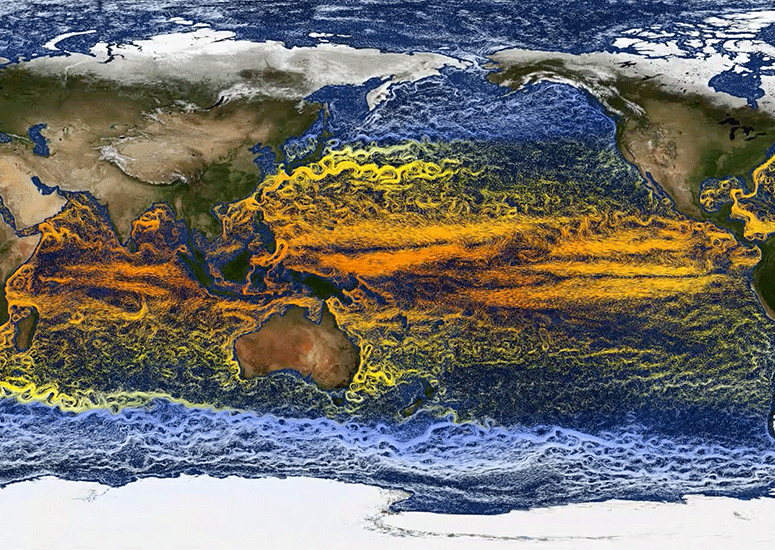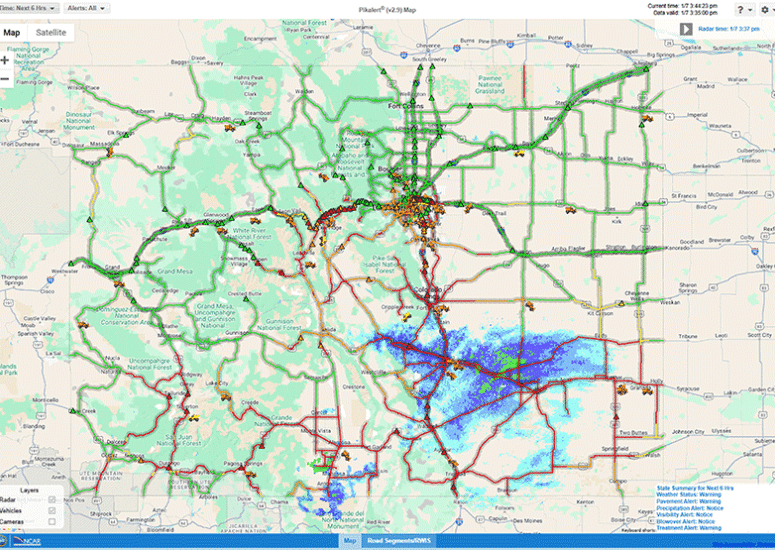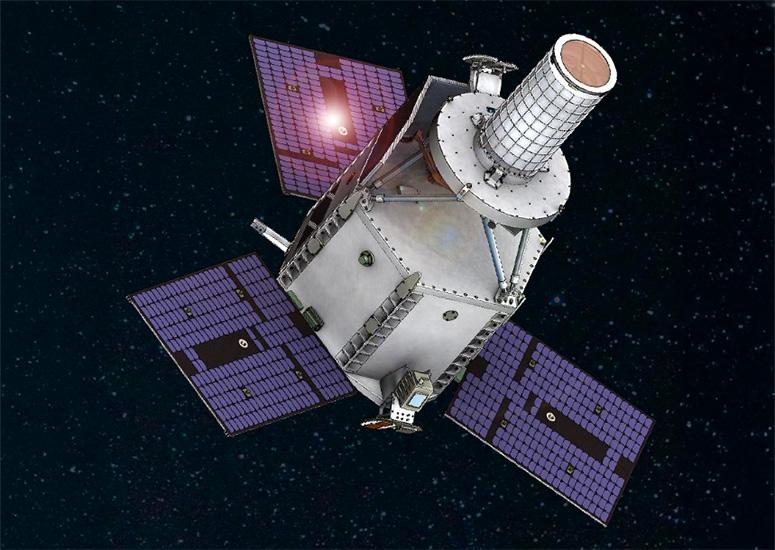-

New computer simulations reveal the Earth system in unprecedented detail
The new MESACLIP dataset consists of an unprecedented set of high-resolution Earth system simulations and is freely available to the scientific community.
- Climate,
- Weather
-
UCAR statement on reports that NSF NCAR could be dismantled
The following is a statement from Antonio Busalacchi, president of the University Corporation for Atmospheric Research (UCAR), which manages the U.S. National Science Foundation National Center for Atmospheric Research (NSF NCAR) on behalf of NSF.
- Organization
-

NSF NCAR technologies keep travelers on the move
NSF NCAR is continuing to improve targeted forecasts of weather impacts on roads and runways
- Weather
-
UCAR statement on shooting at Brown University
A statement is from Antonio Busalacchi, president of the University Corporation for Atmospheric Research (UCAR).
- Organization
-

NASA selects NSF NCAR heliophysics mission for continued development
NASA has selected the Chromospheric Magnetism Explorer (CMEx) for an extended period of concept development.
- Sun + Space Weather
